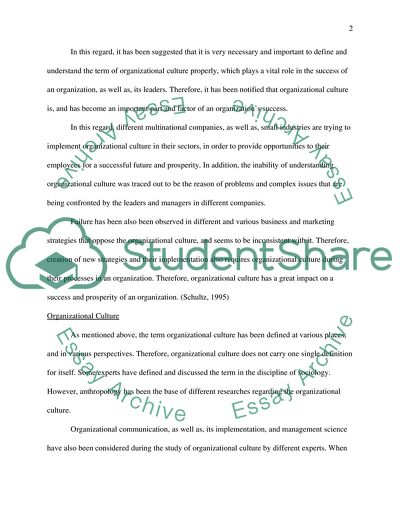Cite this document
(“Creating an Organizational Culture Article Example | Topics and Well Written Essays - 1750 words - 1”, n.d.)
Creating an Organizational Culture Article Example | Topics and Well Written Essays - 1750 words - 1. Retrieved from https://studentshare.org/culture/1514366-creating-an-organizational-culture
Creating an Organizational Culture Article Example | Topics and Well Written Essays - 1750 words - 1. Retrieved from https://studentshare.org/culture/1514366-creating-an-organizational-culture
(Creating an Organizational Culture Article Example | Topics and Well Written Essays - 1750 Words - 1)
Creating an Organizational Culture Article Example | Topics and Well Written Essays - 1750 Words - 1. https://studentshare.org/culture/1514366-creating-an-organizational-culture.
Creating an Organizational Culture Article Example | Topics and Well Written Essays - 1750 Words - 1. https://studentshare.org/culture/1514366-creating-an-organizational-culture.
“Creating an Organizational Culture Article Example | Topics and Well Written Essays - 1750 Words - 1”, n.d. https://studentshare.org/culture/1514366-creating-an-organizational-culture.


